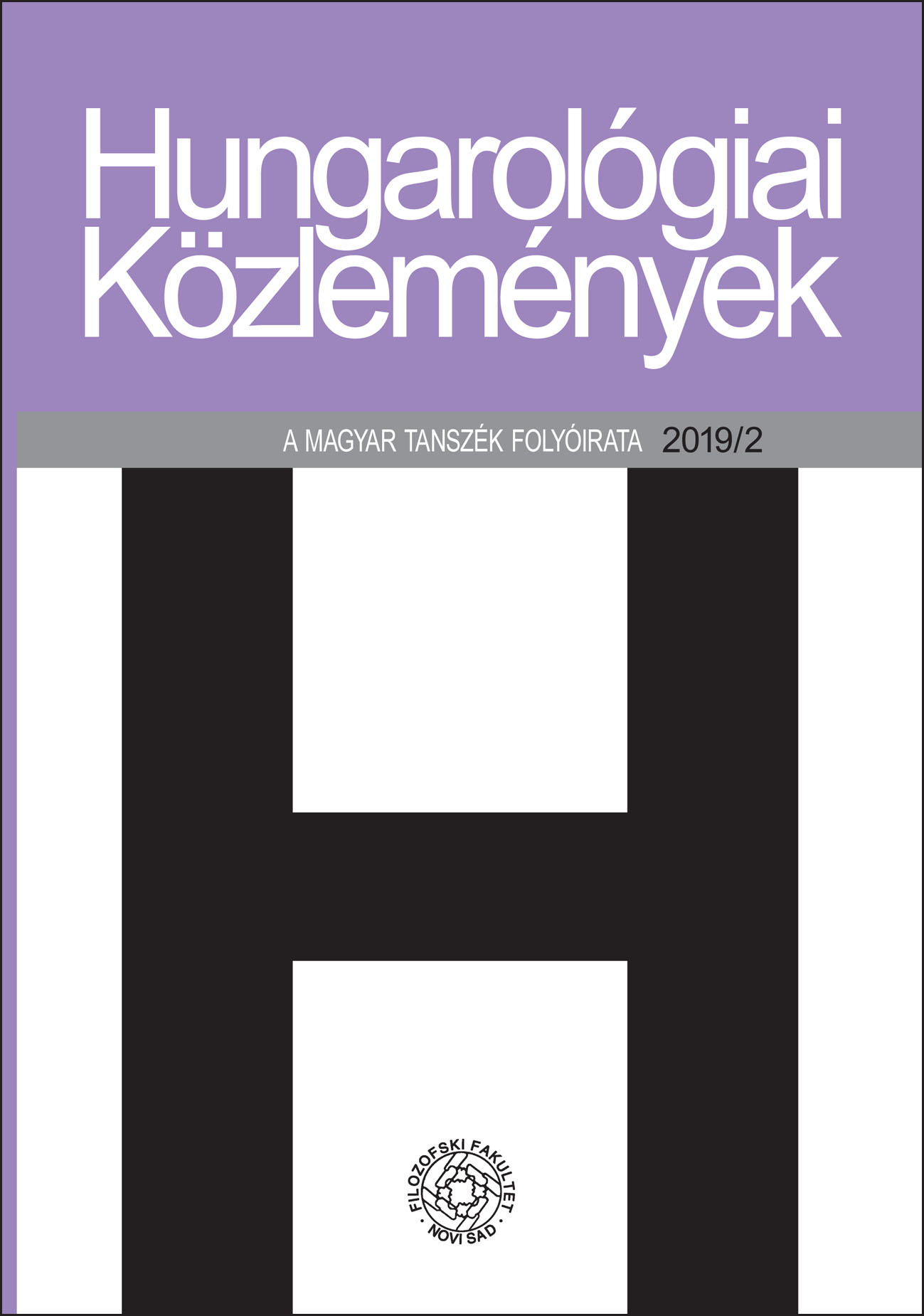A vers szemfedele
The Shroud of the Poem
The impossible testimony of Ágnes Nemes Nagy’s late poetry
Author(s): Kinga Samu-Koncsos, János Vilmos SamuSubject(s): Hungarian Literature, Theory of Literature
Published by: Филозофски факултет, Универзитет у Новом Саду
Keywords: objective poetry; primary narcissism; abjection
Summary/Abstract: Ágnes Nemes Nagy’s late poetry is driven back by the impossible desire to shroud (forget) the abject experience in the Kristeva sense to the limit moment where difference as the condition of signification and Self emerges. While the poem Hó transcribes the subject becoming as a non-self to an almost-self, a self-to-be, in the objective testimony of Eső, hó (dalmát kutyák?) gőzölögnek the desire for the empty canvas of the non-self (purification rituals of continuous self-forgetfulness) identifies with mourning for the other. The failure to clear the narcissistic screen is in fact the preservation of the missing other’s/Other’s shroud. In this sense, this ultimate move demonstrates the weakness and power of objective poetry, the inability to testify, which is the testimony itself. The theoretical propositions of the analysis are mainly motivated by the writings of Julia Kristeva, Cynthia Chase and Georges Didi-Huberman.
Journal: Hungarológiai Közlemények
- Issue Year: 20/2019
- Issue No: 2
- Page Range: 116-125
- Page Count: 10
- Language: Hungarian

